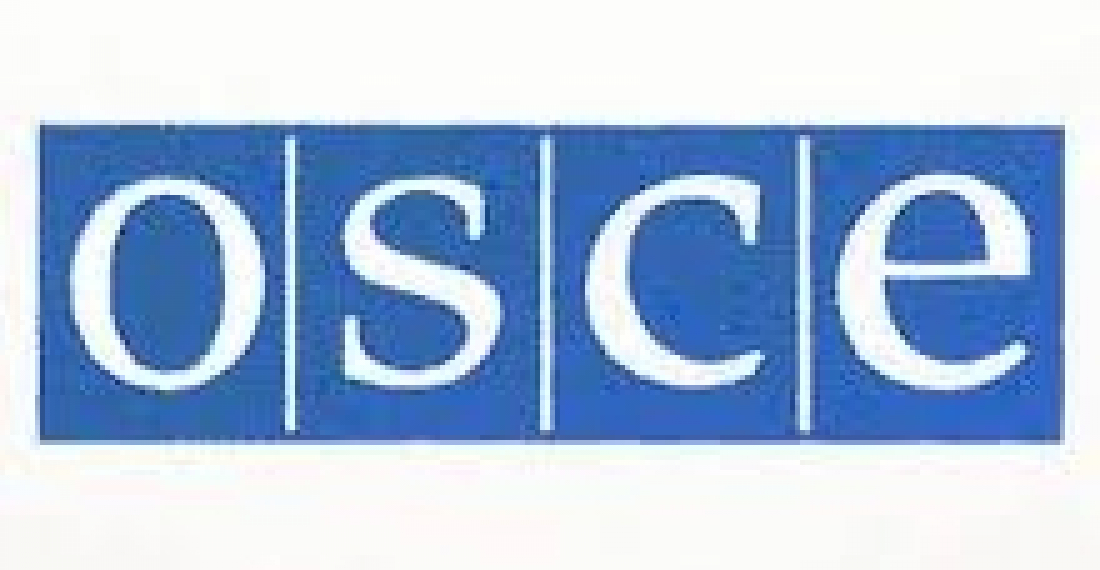On November 4, according the agreement reached with the authorities of the Nagorno Karabakh Republic earlier, the OSCE Mission held a scheduled monitoring at the line of contact between NKR and Azerbaijani armed forces in the Askeran direction.
On the side of the NKR Defense Army, the monitoring was held by the Coordinator of the OSCE Office Imre Palatinus (Hungary) and Field Assistants to the Personal Representative of the OSCE Chairman-in-Office Christo Christov (Bulgaria) and Marius Puodziunas
(Lithuania).
On the opposite side, the monitoring group included Field Assistants of the Personal Representative of the OSCE Chairman-in-Office Antal Herdich (Hungary) and William Prior (Great Britain).
During the monitoring, no violations of the ceasefire were reported. The Azerbaijani party did not lead the OSCE Mission to the earlier agreed point line, as a result of which the OSCE monitoring groups had to conduct the monitoring from a more distant site.
On the side of Karabakh, the monitoring mission was accompanied by representatives of the NKR Ministries of Foreign Affairs and Defense.
Over the OSCE monitoring Azerbaijan did not lead a group of observers to the front line
Over the OSCE monitoring Azerbaijan did not lead a group of observers to the front line







